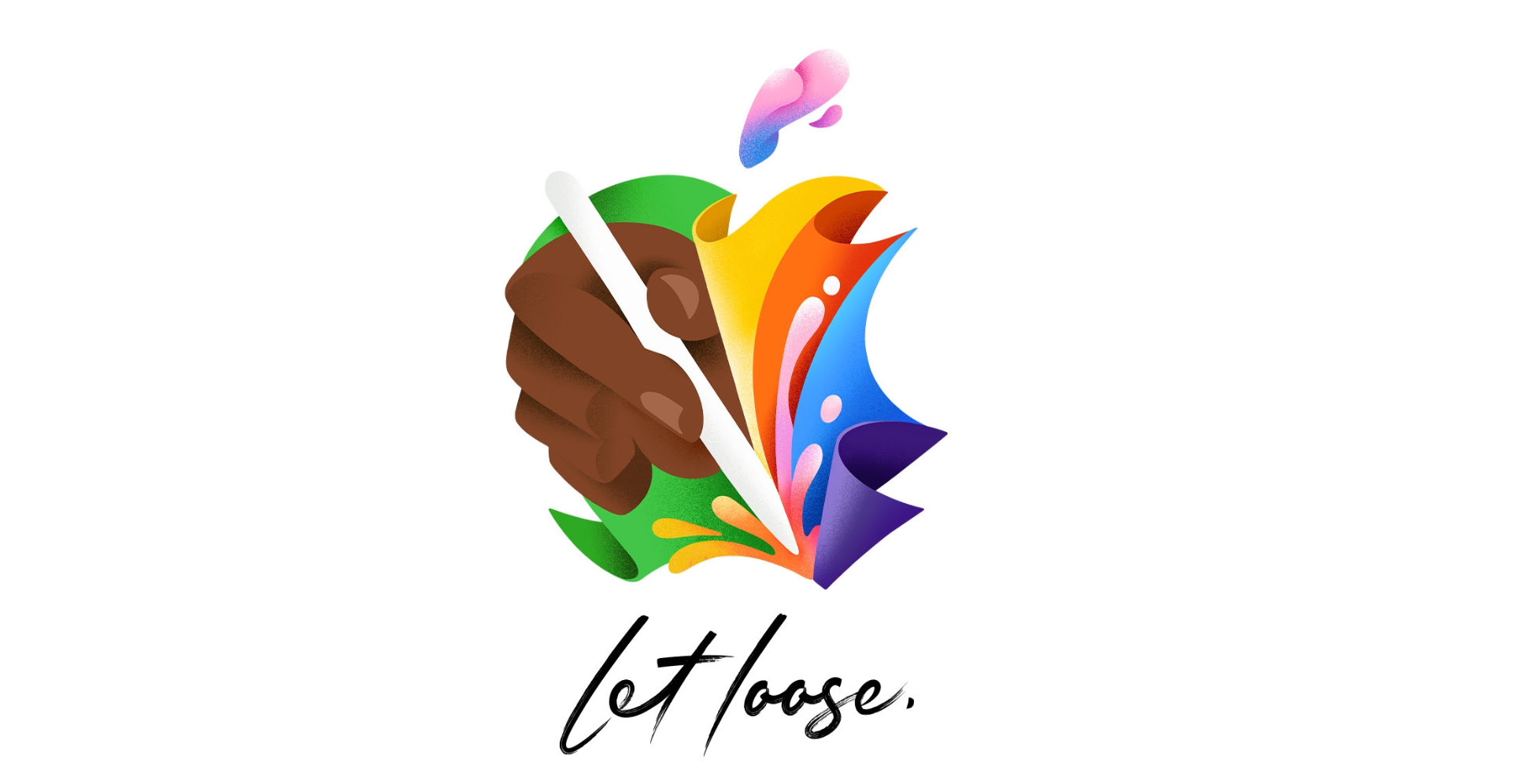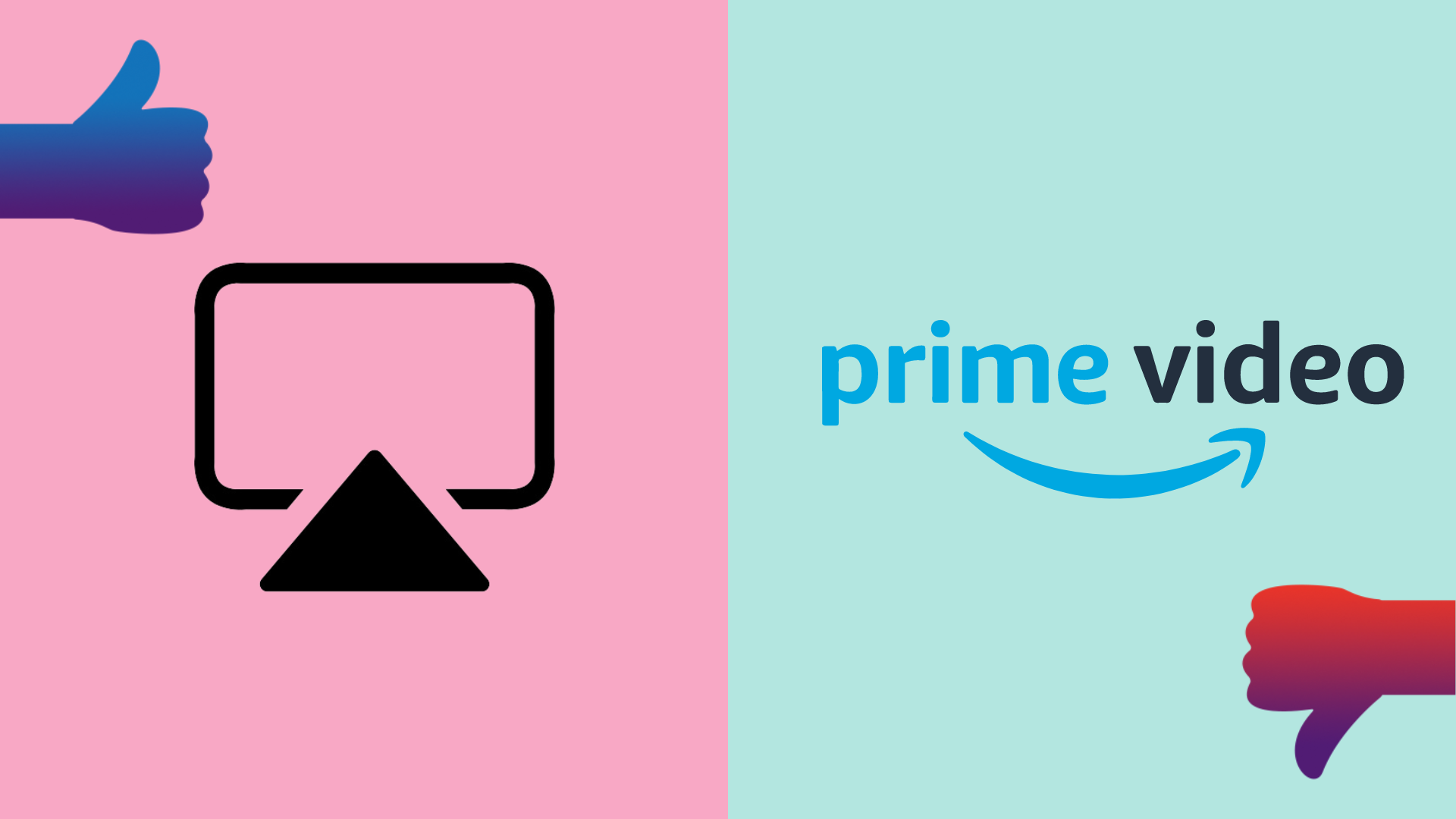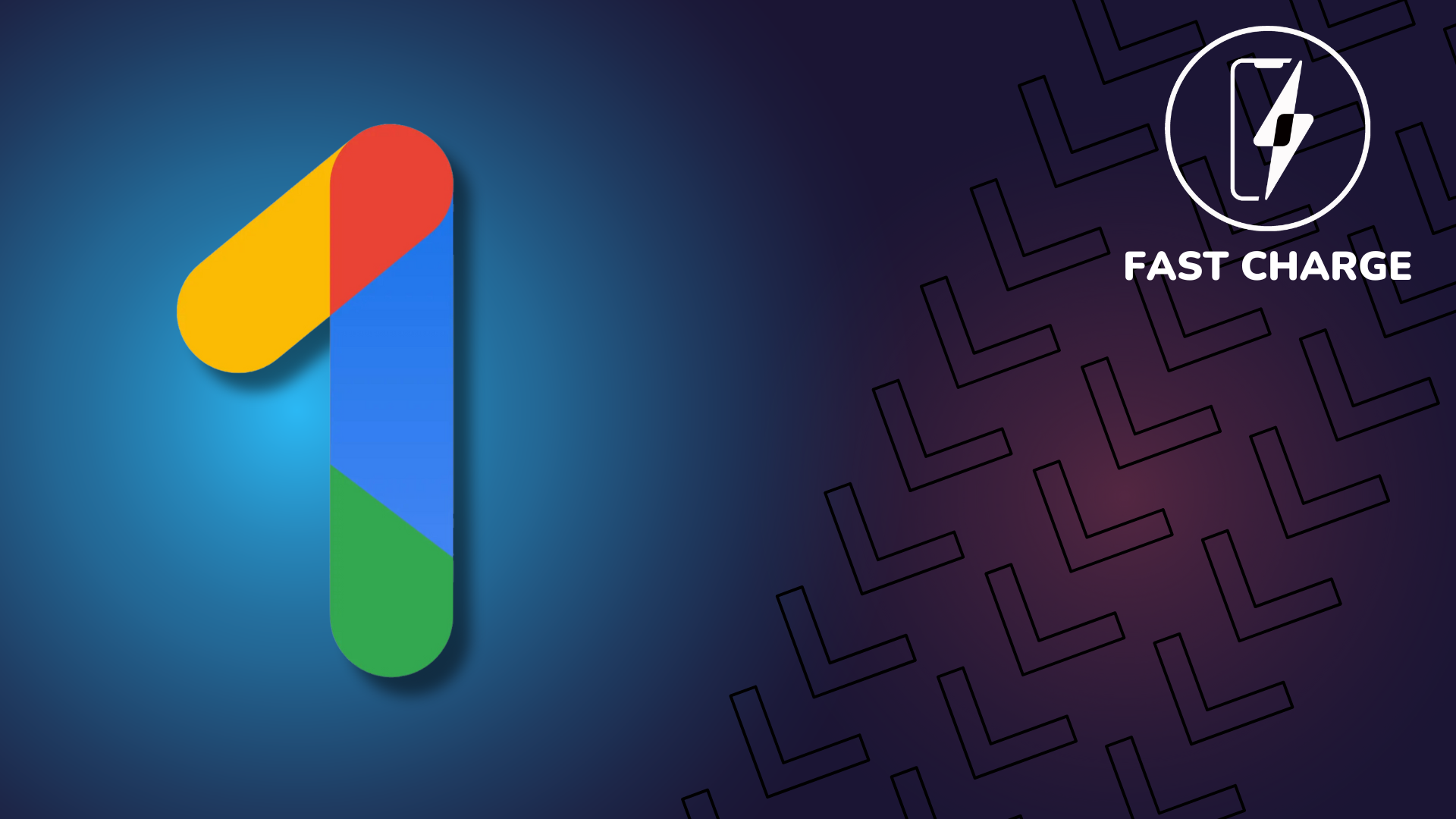Winners and Losers: Apple expands NameDrop as Google Gemini awaits UK approval
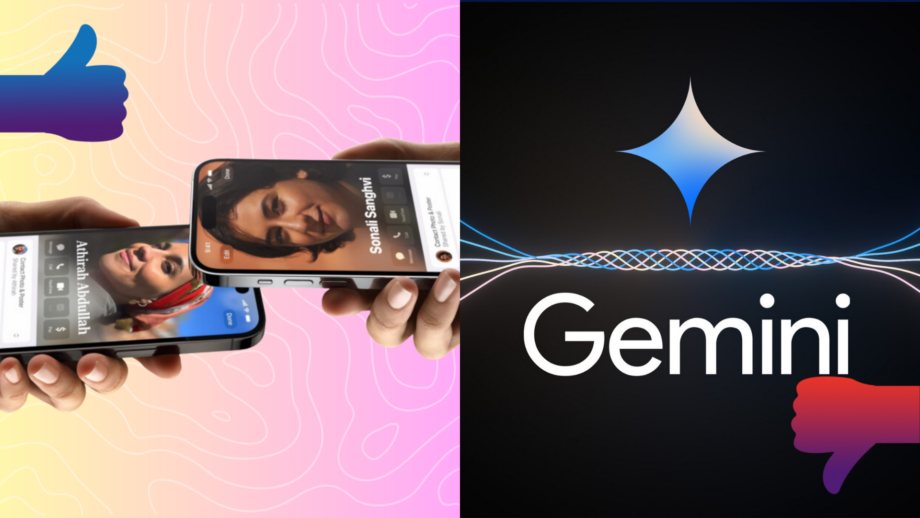
As we move further into December, this Winners and Losers update will be one of the final ones before we enter 2024.
Scroll down to learn which tech company won our winner title this week, along with who we named our loser.
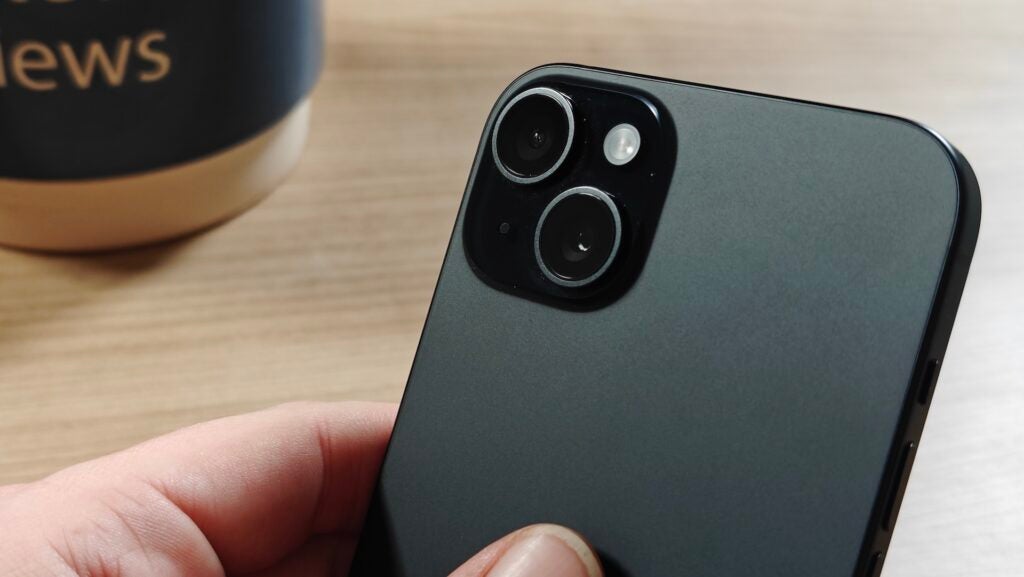
Winner: Apple
Apple’s iOS 17.2 update is on the horizon and we were excited to hear about some new iPhone features that will be rolling out next week.
One new feature that’s sure to come in handy is NameDrop’s Wallet support. Going forward, you’ll be able to share more than just your contact information using Apple’s NameDrop feature.
According to MacRumors, Apple is adding the ability to share boarding passes, concert tickets, movie tickets and other items from your Apple Wallet simply by holding your phones together, choosing the pass and hitting Share.
iPhone users can already share passes wirelessly via AirDrop, but this should make the process even more seamless. We can see it being especially convenient when you’re in a busy station or venue where tens of people are popping up in your AirDrop options as you’ll be able to place your phone directly on top of your friend’s phone to ensure you have the right person.
The exchange also requires consent from both phones, meaning you don’t need to worry about anyone stealing your tickets as they brush past you.
Meanwhile, 9to5Mac recently reported that support for the Qi2 wireless charging standard will be coming to all iPhone 13 and 14 models with iOS 17.2. This means that iPhone users will no longer need to rely on MagSafe chargers to take advantage of wireless charging speeds up to 15W.
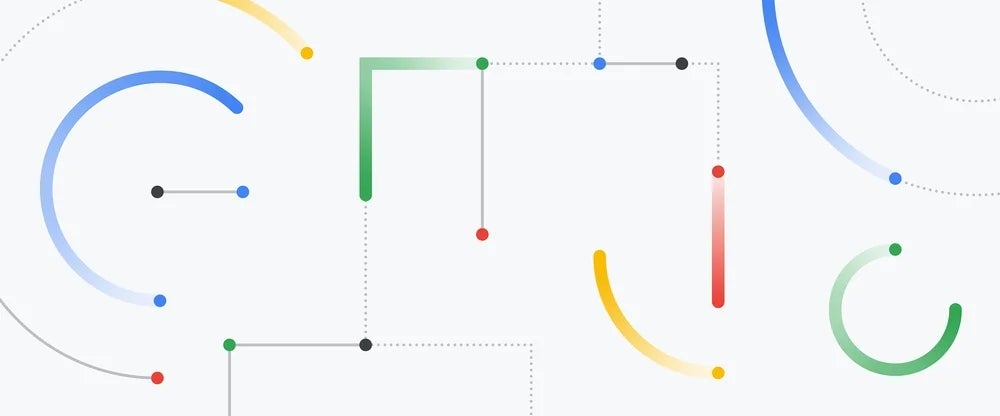
Loser: Google
With Apple our winner this week, you might assume that Google being our loser has something to do with Android. However, our loser today revolves around AI.
Back in May, Google gave the world an early look at Gemini, Google’s answer to OpenAI’s ChatGPT and the AI model created to follow PaLM 2 behind the company’s own Bard chatbot. The large language model is multimodal, meaning it can understand text, images, video, audio and computer code simultaneously.
It’s intelligent, too.
“With a score of 90.0%, Gemini Ultra is the first model to outperform human experts on MMLU (massive multitask language understanding), which uses a combination of 57 subjects such as math, physics, history, law, medicine and ethics for testing both world knowledge and problem-solving abilities”, wrote Google DeepMind CEO and Co-Founder Demis Hassabis.
So, why is Google our loser?
This week, Google revealed that Gemini would roll out in separate phases, with Gemini Pro and Gemini Nano launching in Bard and on the Pixel 8 Pro this week and the more powerful Gemini Ultra arriving early next year with Bard Advanced.
People in 170 countries and territories, including the US, can currently access the new Gemini Pro-powered version of Google Bard. However, the UK is not one of them.
Google wasn’t expected to face regulation issues launching Gemini in the UK as neither Bard nor the PaLM 2 model it’s based on saw any pushback when they launched earlier this year. Google is reportedly in talks with the UK’s AI Safety Institute in the hope of releasing the Bard update in the next year (via Android Authority).
Likewise, EU citizens will have to wait until the European Union approves the new large language models as part of its GDPR regulations for AI.



